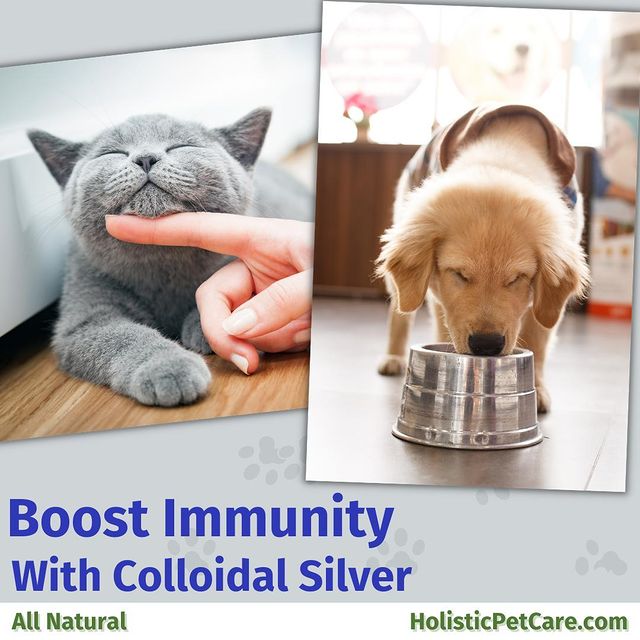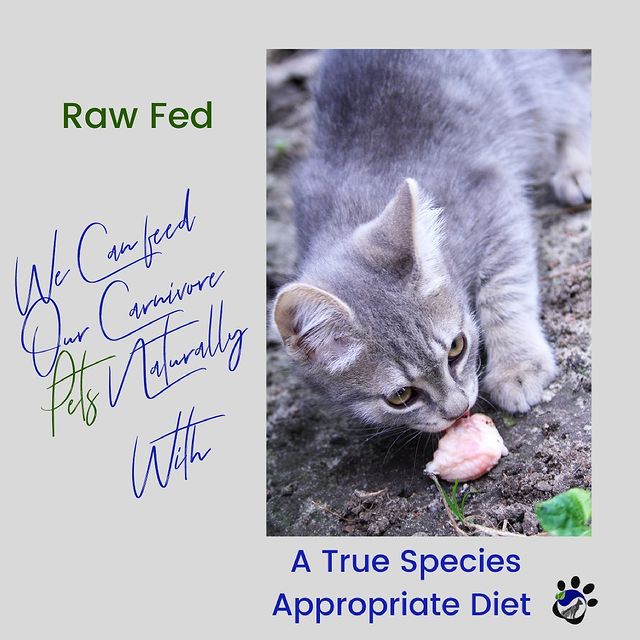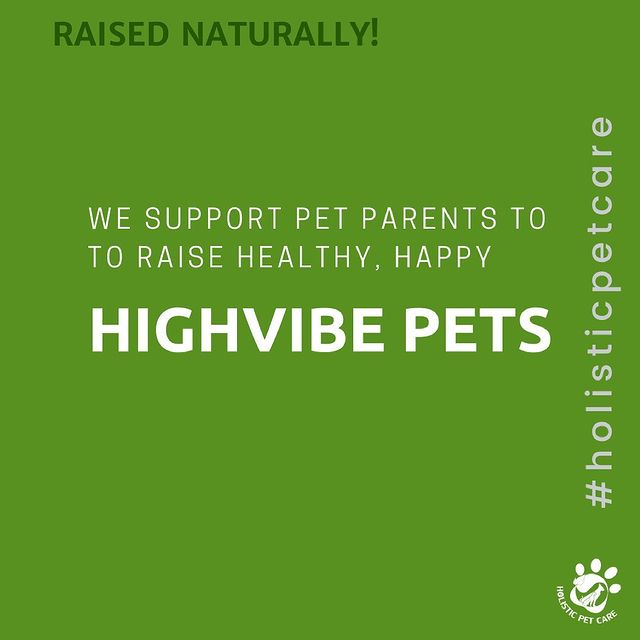
Vet bills are usually greatly reduced after switching to a nutritious species-appropriate diet. Pets get naturally clean teeth and healthy gums from the scrubbing, massaging, and flossing action of eating raw meaty bones and clean breath after changing to raw feeding. Ripping and chewing raw, meaty bones develops the neck, jaw, and shoulder muscles of dogs. There is also a greater bioavailability of naturally occurring nutrients and enzymes in raw meat, organs and bones. Stools will be smaller, less smelly, and quickly degrade into the soil. Dogs also tend to maintain a healthy weight and the chances of obesity are minimized since it takes longer to chew and digest raw meaty bones.
Kibble may sit around for hours untouched, but dogs tend to be excited and love their raw species-appropriate meals. They will also be more mentally, psychologically, and physically stimulated, leading to greater well-being and satisfaction. Health problems such as arthritis, malaise, allergies, skin conditions, and dull coats often improve when switching from commercial dog food to raw feeding.
It’s also easier to custom tailor your dogs’ diets for their activity level, age, health problems and specific nutritional requirements.
Also, it is important to note that a carnivore’s food needs to provide protein from a wide variety of sources so as to obtain the full spectrum of all the different amino acids for your pets, which are best provided from raw meat sources, including raw meaty bones. Protein is the most important nutrient that is needed in every cell in your carnivore’s body. These full spectrum amino acids have to be provided daily and they must come from animal protein of the highest quality possible to build healthy cells, organs, muscles, enzymes and hormones for our cats and dogs. Carnivores have short digestive tracts that are fast working and very simple. They are not designed to make their own amino acids so carnivores must obtain them directly from food.
Dogs or cats are also not designed to process carbohydrates, starchy vegetables, legumes or grains.
Generations of feeding dogs processed pet foods and vaccinating them year after year have left our pups with weakened immune systems that are over-loaded with toxins. This causing overall poor health.
Generations of feeding dogs processed pet foods and vaccinating them year after year have left our pups with weakened immune systems that are over-loaded with toxins. This causing overall poor health.
Low immunity can also be caused by genetics. Parentage can contribute to skin and ear issues especially. However, the most likely culprit of these two major health concerns, hands down, is poor diet. Kibble with sweet potato or legumes is considered grain free, however it is not starch free. Starch is often a big part of the issue.
There is no good kibble, as I mentioned before. They are all made with starches to hold them together, and overcooked, over-processed food is the start of most skin issues. Lots of dogs are especially sensitive to complex carbohydrates, which can cause an inflammatory response that manifests itself as itchiness all over — usually with red, inflamed feet, GI tract upset, or frequent ear infections.
Food sensitivities are very usual in pets, possibly, again due to genetics or the fact that many dogs and their parents are often fed the same dry kibble for months or even years on end, with no variety in their diet or without being offered any other source of nourishment. ‘Hot spots’ or extreme itching, accompanied with irritated and inflamed ears and possibly loose stool, are all tell-tale signs of food allergies. A dull, coarse coat and/or oily, foul, smelly skin are indications of a low-quality diet as well.
One of the most-often detected causes of food hypersensitivity in dogs is the grain and carbohydrates in their daily diets.
It is a good idea to get your dog on a probiotic/enzyme supplement, as the source of many itchy skin issues stem from the gut.
We should be raw-feeding meat the way nature intended. However, often the meat we are feeding comes from herbivores that are not fed properly themselves. Unless your dog is being fed wild or pasture-raised meat, you can be sure it is missing nutrients. Due to this, supplements are needed in some cases. With proper, species-specific nutrition, a chemical free lifestyle and naturally sourced (nothing synthetic) species-specific ingredients, our canine companions can lead a healthier happier, longer life






